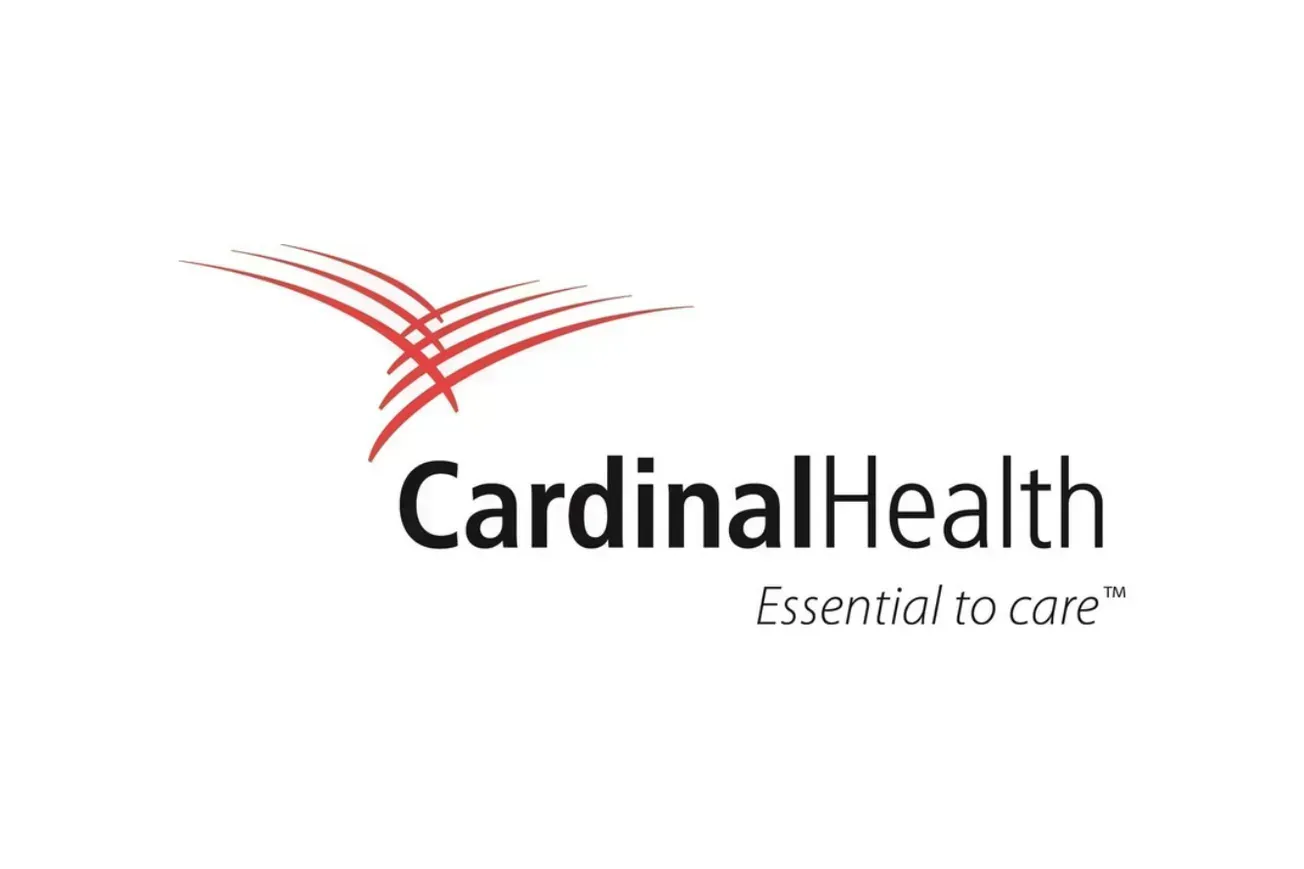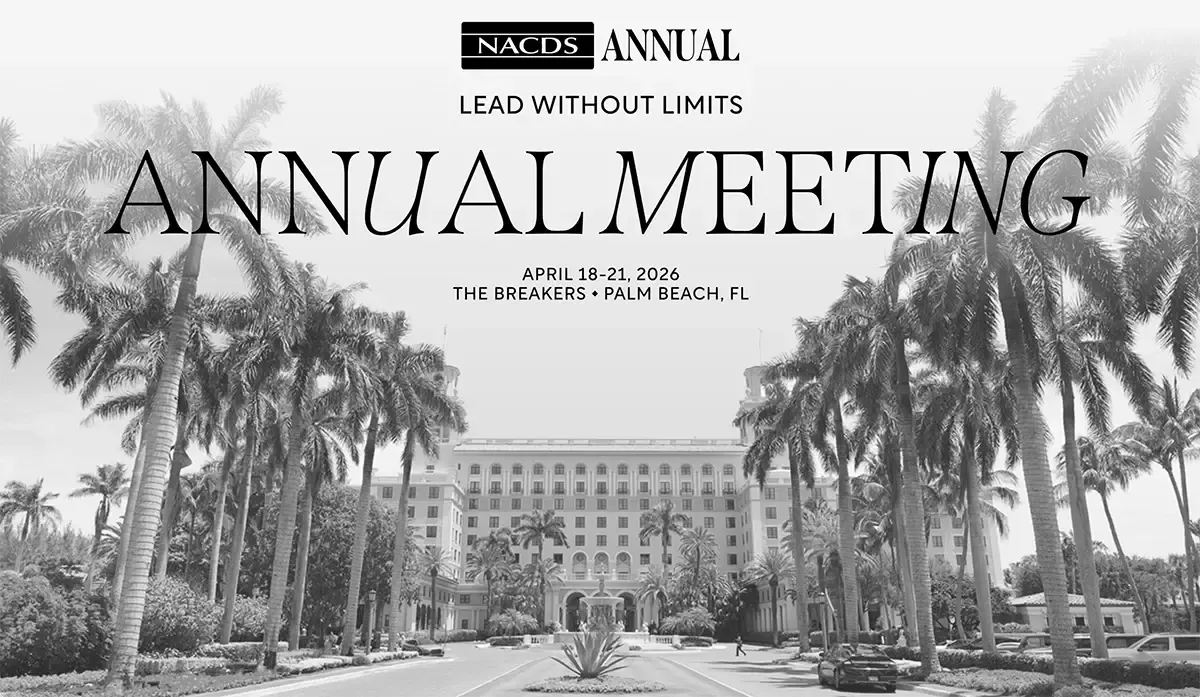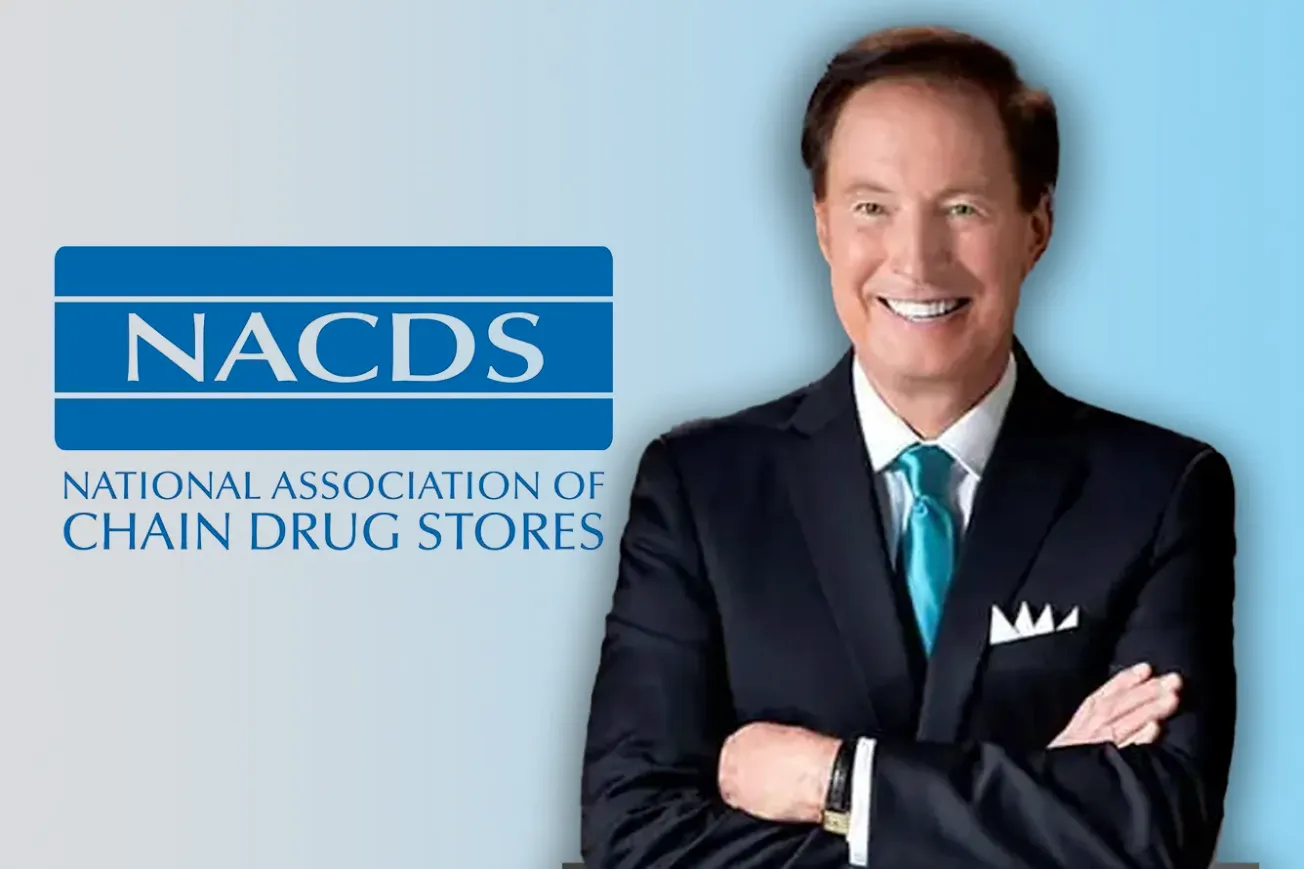HOUSTON – Kerico, a leading non-emergency medical transportation (NEMT) company, today issued a warning about the looming health care crisis as telemedicine usage rapidly declines and the demand for transportation to medical appointments surges. This alarming trend threatens to exacerbate the already staggering $150 billion annual losses faced by the healthcare industry due to patient no-shows.

As patients increasingly return to in-person medical visits, the health care system is grappling with a new set of challenges. The once-popular telemedicine services, which provided a convenient alternative during the height of the pandemic, are now experiencing a sharp decline in usage. So much so, that Walmart and UnitedHealth Group’s Optum recently shuttered their telehealth services. Simultaneously, the demand for reliable transportation to medical appointments is skyrocketing, particularly among senior citizens who cite transportation issues as the primary reason for missing appointments 65% of the time.
“The confluence of declining telemedicine usage and increasing transportation needs is a recipe for a healthcare disaster,” warned Chris Ochs, chief development officer at Kerico. “Without immediate action to address this issue, we risk further disrupting the continuity of care, leading to poorer health outcomes and even higher costs for individuals and third-party payers.”
Studies have shown that transportation barriers are directly linked to reduced use of regular outpatient care, increased emergency department visits and higher readmission rates. These factors not only contribute to elevated healthcare costs but also strain clinic revenue, staff productivity, and create scheduling and operational stress.
Kerico urges healthcare providers, policymakers and community leaders to prioritize investments in non-emergency medical transportation (NEMT) as a cost-effective solution to mitigate the impending crisis. By providing reliable transportation, communities can significantly improve healthcare accessibility and reduce the financial burden on the healthcare system. Research indicates that for every dollar spent on NEMT, $11 is saved in long-term care.
“As a nation, we must act swiftly to address this impending healthcare crisis,” added Ochs. “Investing in reliable non-emergency medical transportation is not just a matter of convenience; it’s a critical step in ensuring equitable access to healthcare, improving patient outcomes and reducing the financial strain on our healthcare system. By prioritizing NEMT, we can build a more resilient and patient-centric healthcare infrastructure that serves the needs of every individual in our communities.”







